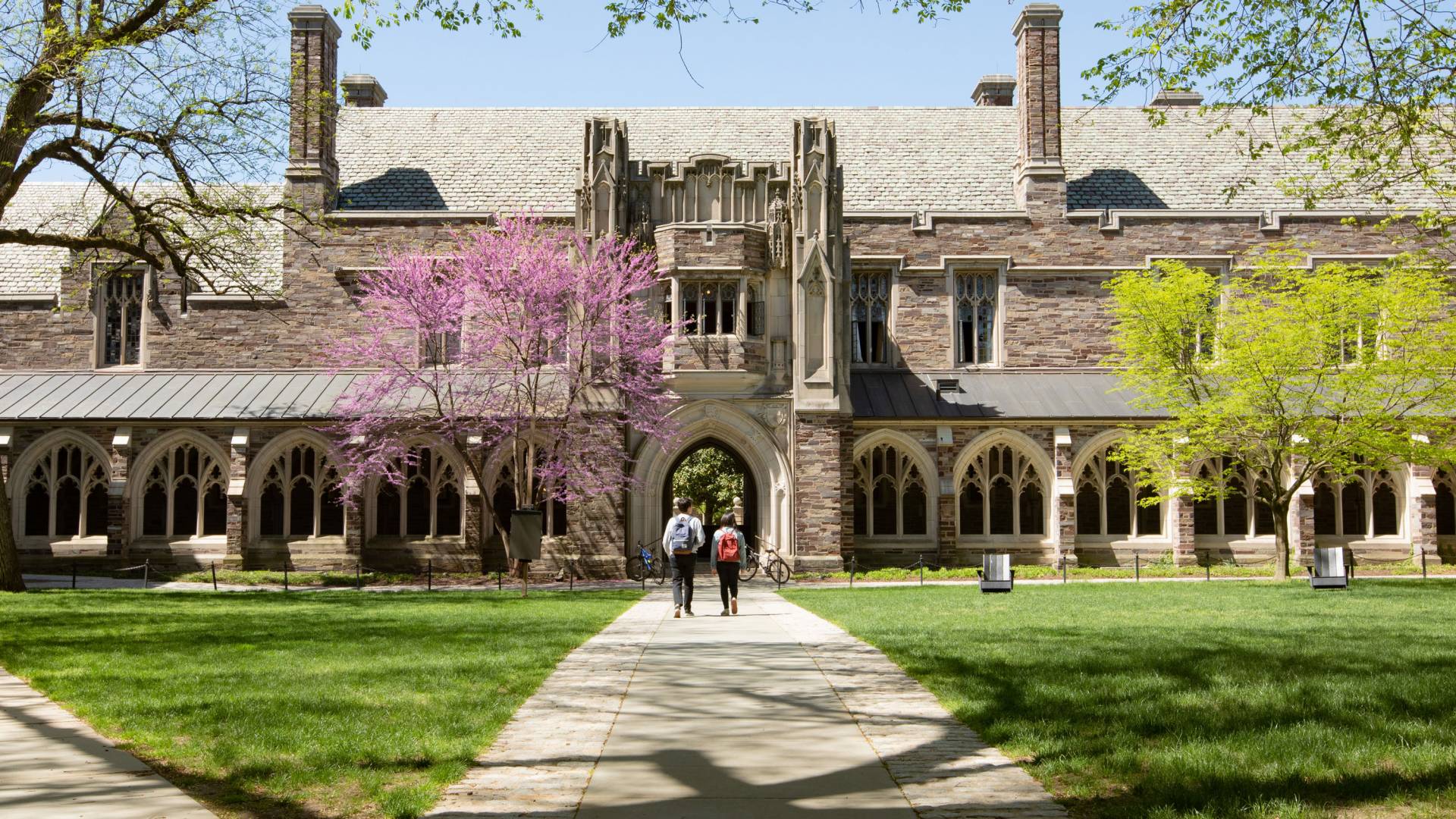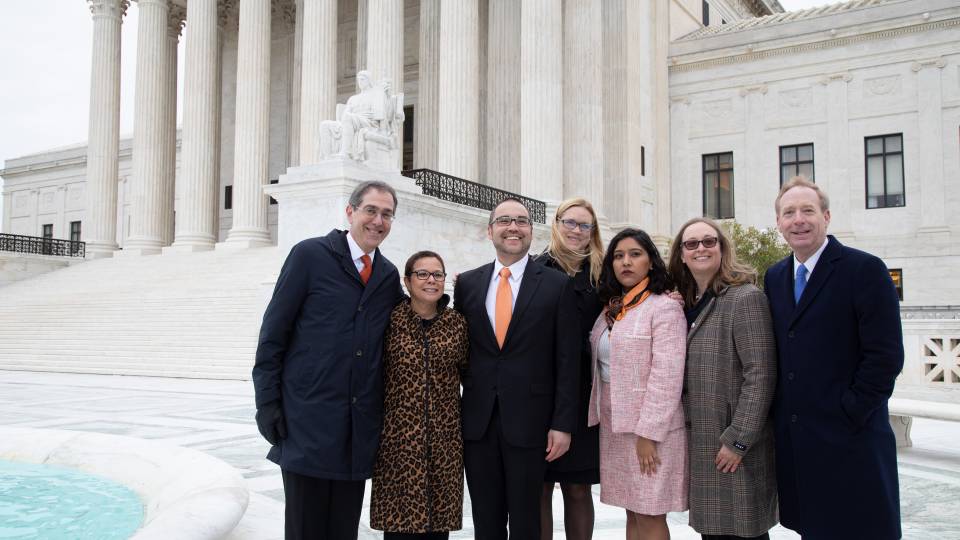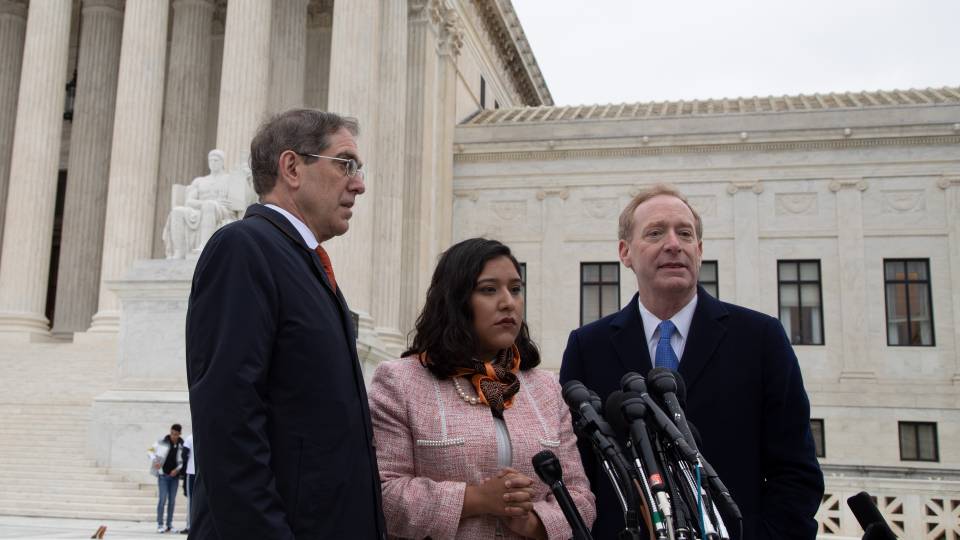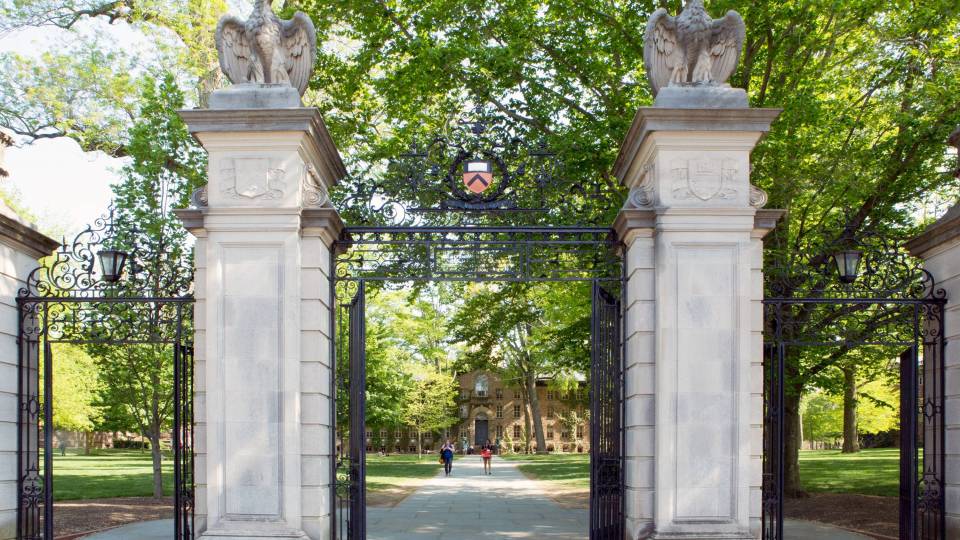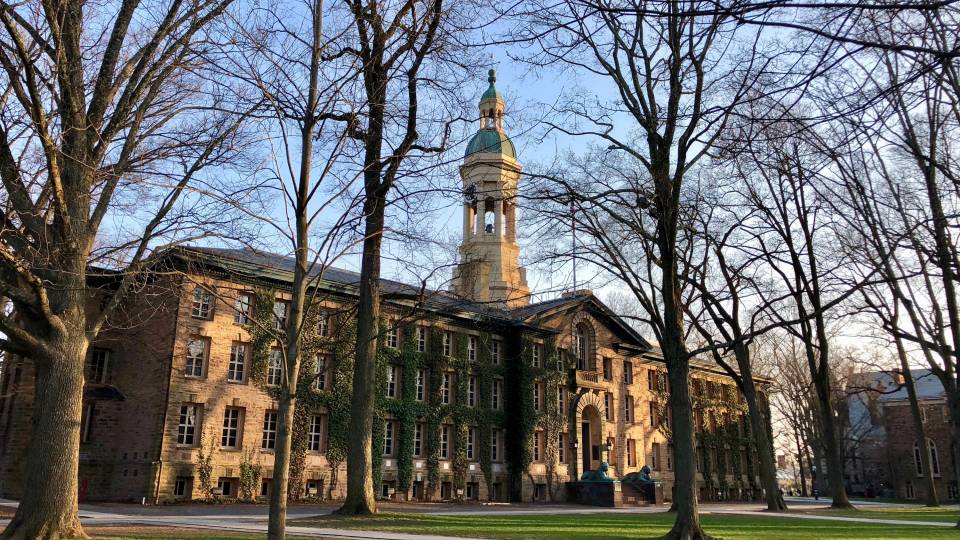Princeton President Christopher L. Eisgruber and higher education leaders across New Jersey sent a letter today to the state’s Congressional delegation expressing concern about the obstacles their institutions face in attracting and retaining international faculty, students and staff. The letter was signed by the presidents of all of New Jersey’s four-year colleges and universities, including the Rutgers University campuses.
Eisgruber spearheaded the effort, which follows several actions he’s taken in recent years to shine a light on the importance of the international community on college campuses. Eisgruber has challenged harmful or potentially harmful changes to immigration policies, and has advocated for individuals with Temporary Protected Status and for permanent protections for “Dreamers” who came to the United States as children.
Over the past several years, colleges and universities in New Jersey have observed a concerning increase in the number and length of impediments for international students and scholars to obtain visas and permits to study or work in the United States. Higher education institutions across the country have expressed similar challenges.
“Our schools vary in mission, size and the makeup of our student bodies, but we all depend on our ability to attract motivated students and scholars from throughout society and around the world. We believe our success in these endeavors plays an important role in building the state’s innovation economy,” said the letter from the New Jersey higher education leaders.
“As the 116th Congress moves forward, we ask that you closely monitor the policies and administrative actions that are threatening the free flow of students and scholars upon which our colleges and universities depend," the letter added.
According to a recent study by the American Immigration Lawyers Association, the total time it takes the federal government to process foreign visas has increased by 46% over the past two fiscal years. In a separate report, the Council of Graduate Schools found that new enrollments of international students at U.S. graduate schools have fallen two years in a row.
“Some of our schools have experienced decreases in foreign student enrollment and all of our schools have encountered an increasingly log-jammed immigration system that is impacting our ability to recruit, retain and bring to our campuses foreign talent,” the letter said. “Simply put, as it becomes more difficult for foreign students and academics to study and work in the United States, many of them are turning to other options, weakening not just our individual institutions, but American higher education as a whole, and, by extension, our country’s global competitiveness.”
The letter cited as examples: an increase in visa application delays that have resulted in graduate students and faculty members missing or deferring entire semesters; increased requests from the federal government for additional evidence to grant visas; and extended delays for Optional Practical Training applications that can result in students having to delay or lose out on job training opportunities.
“The types of situations described above rarely make front-page news and the isolated impact of each example is certainly not as dramatic as the effect of higher-profile actions such as the rescission of the Deferred Action for Childhood Arrivals program or the travel ban,” the letter said. “However, taken together, they create a frustrating and sometimes hostile environment for those wishing to live in and contribute to our communities. This cumulative effect is acutely felt at our colleges and universities, where we depend on the free flow of talent to help fulfill our teaching and research missions.”
